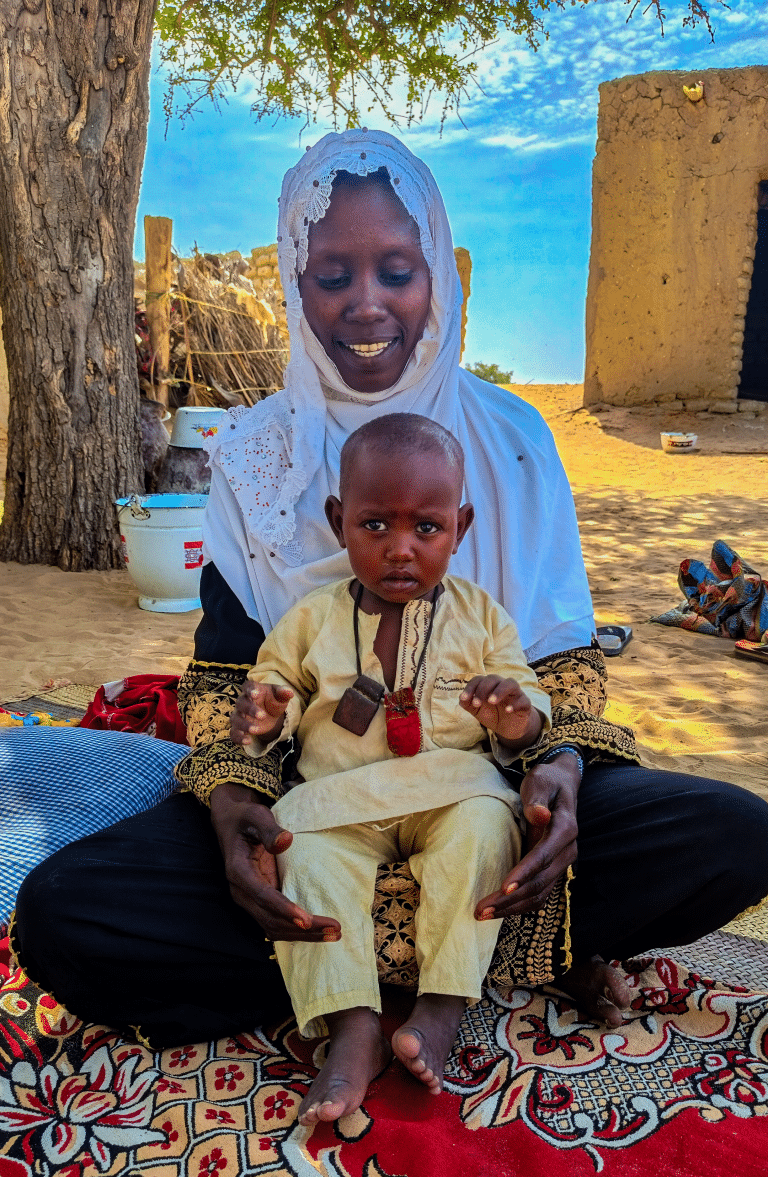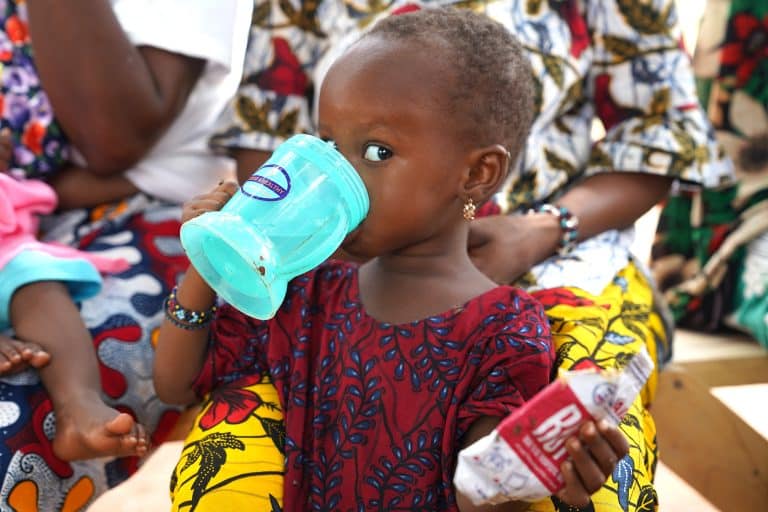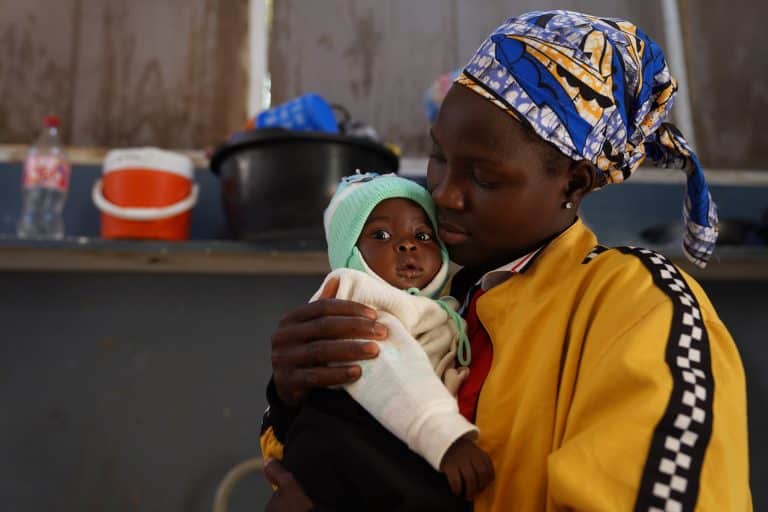Medical Care of Patients in Kamituga
In the Kamituga health zone, a gold mining town on the border of Rwanda and Burundi in the eastern DRC province of South Kivu, ALIMA has established a specialised treatment centre for Mpox patients. ALIMA offers comprehensive and free care, including symptom management, antibiotic treatment, and rigorous medical follow-up until recovery. The centre plays a crucial role in combating the epidemic, especially for vulnerable populations with limited access to health services.
In September 2023, the first outbreak of the new Mpox strain, known as “clade Ib” by researchers, had already been reported in Kamituga. Since then, the virus has spread to Bukavu, the capital of South Kivu, and further to other health zones, including areas near the Riziki border between Rwanda and Bukavu, as well as Kamaniola, located near the crossroads with Rwanda and Burundi.
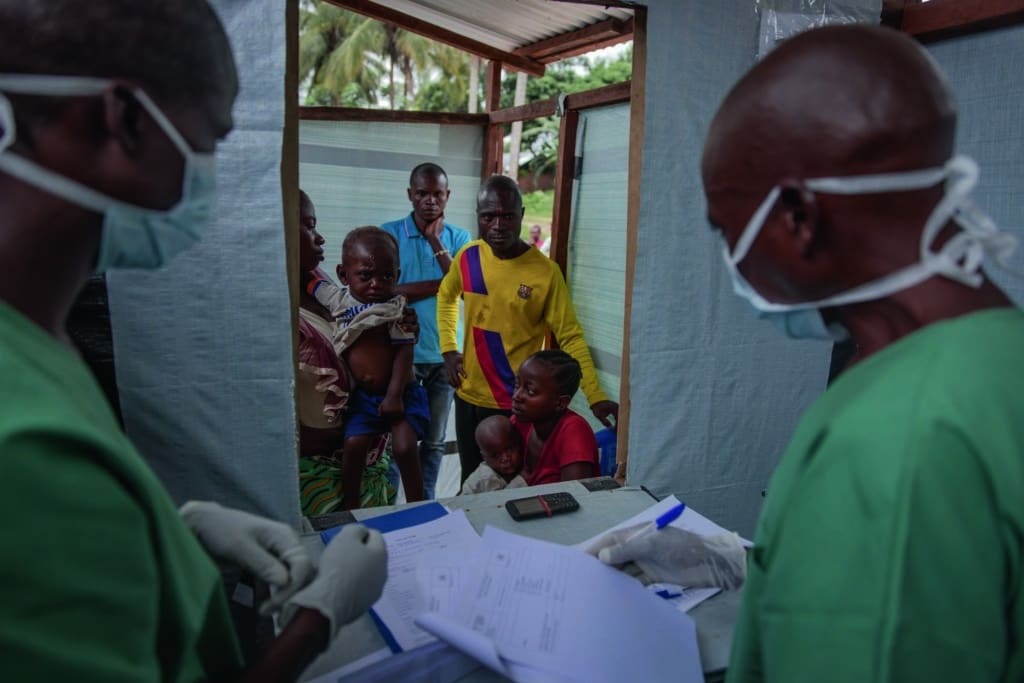
Building Local Capacity
Training health providers is crucial for an effective response to the outbreak. ALIMA, in collaboration with the Central Office of the Kamituga Health Zone and the South Kivu Health Directorate, has provided training to local healthcare workers in patient care and infection prevention and control (IPC) practices. These trainings are essential to limit the spread of the virus and ensure the safety of caregivers and patients. Similar training sessions are being prepared in the Goma area of North Kivu, where ALIMA has recently begun response efforts.
Epidemiological Surveillance and Case Monitoring
ALIMA plays a key role in the epidemiological monitoring of the Mpox epidemic in the DRC. So far, our teams have reported 14,091 suspected Mpox cases across 24 of the country’s 26 provinces, with 511 deaths, resulting in a case fatality rate of 3.6%. Thanks to rigorous surveillance, ALIMA is able to quickly identify suspected cases, provide timely follow-up, and adapt medical interventions based on the epidemic’s progression.
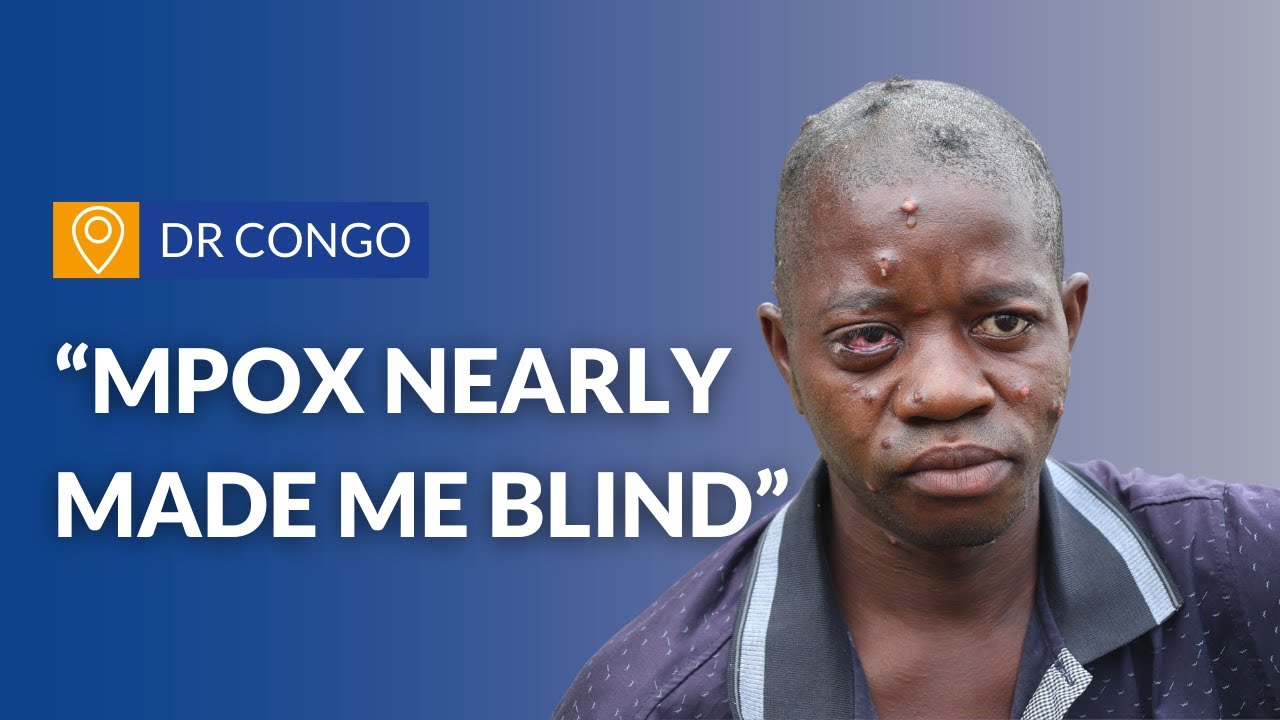
Collaboration With Local and International Partners
The fight against Mpox requires close cooperation between different organisations. ALIMA works in partnership with the World Health Organization (WHO), MEDAIR, the Institute of Tropical Medicine (ITM), and the National Institute for Bacteriological Research (INRB). This collaboration has enabled the launch of response initiatives in several priority health zones such as Goma, Karisimbi, and Nyiragongo. By working together, these organisations have maximised the impact of their interventions, sharing resources and best practices to contain the outbreak.
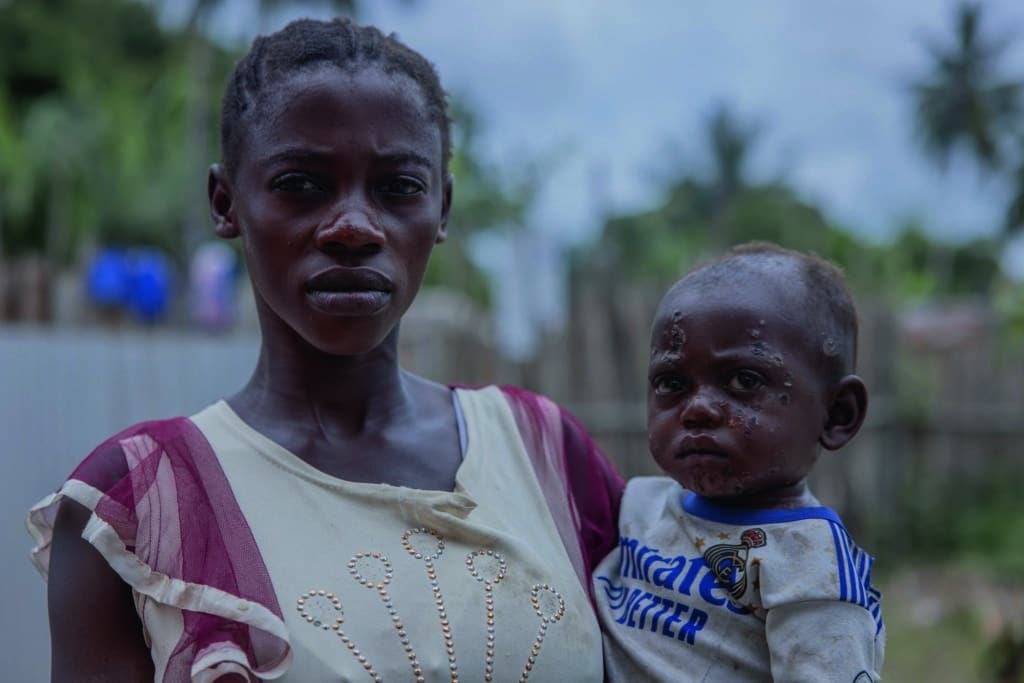
Logistical and Technical Support
ALIMA’s technical and logistical support is vital for an effective medical response. The organisation manages sample collection and analysis, as well as the monitoring of contacts for confirmed cases. These logistical efforts have been crucial to limit the spread of the virus and improve the quality of field care. Additionally, ALIMA has played a key role in setting up a laboratory in Katako, which has improved the speed of diagnosing suspected cases.
Community Outreach and Mobilisation
In addition to providing medical care, ALIMA is actively engaged in raising awareness among local communities about the risks associated with Mpox. Awareness campaigns are conducted in surrounding villages to educate people about the disease’s symptoms and encourage them to seek medical attention at health centres as soon as the first symptom appears. Community relays (religious leaders, sex workers, etc.) play a key role in this mobilisation, helping to reach the most isolated populations.
To better understand the impact of the Mpox virus on local communities and the importance of ALIMA’s efforts, read the moving testimony of Kasongo Kikumbe, a farmer from Kapongo village, whose family was affected by the outbreak. After a long and difficult journey, Kasongo and her children found refuge and care at the Tunda health centre, supported by ALIMA. This account illustrates the challenge of fighting this disease in remote areas and the hope provided by ALIMA’s interventions.
To learn more about Mpox and understand the symptoms, transmission methods, available treatments, as well as prevention measures, read our article “10 Key Questions to Understand the Epidemic”.
ALIMA is at the forefront of the fight against Mpox.
Support our efforts: every donation makes a difference.
Cover picture © Guerchom Ndebo / ALIMA


